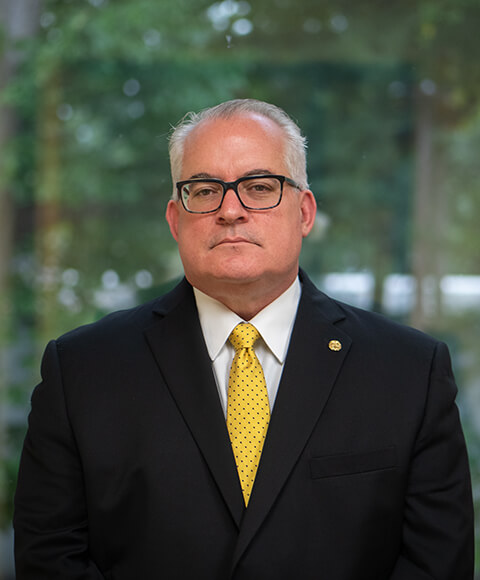WASHINGTON, DC (National Journal) — The post-Watergate era in American governance died last month, fatally wounded by a triumphant president-elect scornful of norms, a victorious party happy to acquiesce, and a country that has moved past the scandals of a president who left office in 1974.
The deceased had just turned 50 years old and had been ailing for several years. Services have not been scheduled but may play out as part of the confirmation hearings to be held next month in the Senate.
The reforms ushered in by the misdeeds of Richard Nixon and his allies had a good half-century run. The Supreme Court weakened them initially in 2010’s Citizens United v. FEC decision and again in 2014’s McCutcheon v. FEC, which tossed out limits on campaign contributions. Donald Trump then pushed them beyond the breaking point during his first term, when he became the first post-Nixon president not to disclose his tax returns or place his assets in a blind trust.
Now, in his transition to a second term, he has refused to let the FBI vet his appointees, raised the possibility of bypassing the Senate’s consent to those nominees, and has thus far rejected limits on contributions to his transition operation, as well as the disclosure of donors’ names.
“What we saw during the first Trump administration was an effort to find the weaknesses in the post-Watergate reforms and get around them,” said Noah Bookbinder, president of Citizens for Responsibility and Ethics in Washington. “What we’re seeing now is, in some ways, the next logical step, which is not so much finding the loopholes as just blowing through those reforms entirely. … It’s just ignoring them entirely and seeing what you can get away with.”
No Trump action better captures this than his decision to turn to private vetting for his appointees, cutting the FBI out of its post-World War II role in investigating nominees and sharing its findings with the Senate.
“We’re all products of the post-Watergate era,” said Dan Meyer, a leading national security lawyer and a partner at Tully Rinckey in Washington. Meyer said both parties accepted the need for full FBI investigation of high-level presidential nominees in the wake of the Nixon presidency. While the FBI had been involved in vetting before the 1970s, “we got more serious about it after Watergate,” he said. “We got more transparent. We started seeing more corruption scandals, so we all agreed to this system because it made life easier in Washington.”





